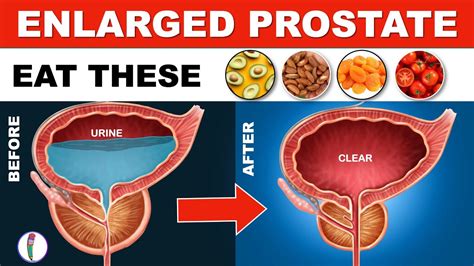What are the primary risk factors for developing prostate cancer?

Understanding Prostate Cancer Risk Factors
Prostate cancer is one of the most common cancers among men worldwide, second only to skin cancer. While the exact causes are still being researched, a number of factors have been identified that can increase a man’s risk of developing the disease. Understanding these risk factors is vital for prevention, early detection, and informed discussions with healthcare providers.

Age: The Primary Driver
Age is unequivocally the strongest risk factor for prostate cancer. The likelihood of developing the disease increases significantly after age 50, with most cases diagnosed in men over 65. It’s rare to find prostate cancer in men younger than 40.
- Over 50: Risk begins to increase noticeably.
- Over 65: More than 60% of all prostate cancers are found in this age group.
Family History and Genetics
Having a close relative—such as a father, brother, or son—who had prostate cancer, especially at a younger age (before 65), approximately doubles a man’s risk. The risk further increases with more affected family members. Genetic mutations, like those in the BRCA1 and BRCA2 genes (also linked to breast and ovarian cancers), or Lynch syndrome (HNPCC), can also significantly elevate risk.

Ethnicity and Race
Ethnicity plays a notable role in prostate cancer risk. African American men have the highest incidence rates, are more likely to be diagnosed at an advanced stage, and have twice the mortality rate compared to Caucasian men. Conversely, Asian and Hispanic/Latino men tend to have lower rates of prostate cancer compared to Caucasian men.
Diet and Lifestyle Factors
While not as definitive as age or genetics, diet and lifestyle choices are believed to play a role in prostate cancer risk and progression. Research in this area is ongoing:
- Obesity: Some studies suggest a link between obesity and an increased risk of aggressive prostate cancer, though not necessarily overall prostate cancer incidence.
- Dietary Habits:
- Red and Processed Meats: A diet high in red and processed meats, and low in fruits and vegetables, may increase risk.
- Dairy Products: Some research indicates that a high intake of dairy products might increase risk, though more studies are needed.
- Healthy Fats: Diets rich in omega-3 fatty acids (found in fish) and low in saturated fats are generally considered beneficial for overall health and may reduce cancer risk.
- Smoking: While not a direct strong link like lung cancer, smoking has been associated with a slightly increased risk of fatal prostate cancer.

Other Potential Factors
Some other factors are being investigated for their potential link to prostate cancer:
- Inflammation: Chronic inflammation of the prostate (prostatitis) may increase risk.
- Chemical Exposure: Exposure to certain chemicals, such as Agent Orange, has been linked to an increased risk in specific populations.

Conclusion
While certain risk factors for prostate cancer, such as age and genetics, are beyond an individual’s control, understanding them empowers men to make informed decisions about their health. Lifestyle modifications, regular screenings, and open communication with healthcare providers, especially for those with higher risk, are crucial steps in managing prostate cancer risk and promoting overall well-being.
If you have concerns about your personal risk factors, it’s always best to consult with a doctor who can provide personalized advice and screening recommendations.










